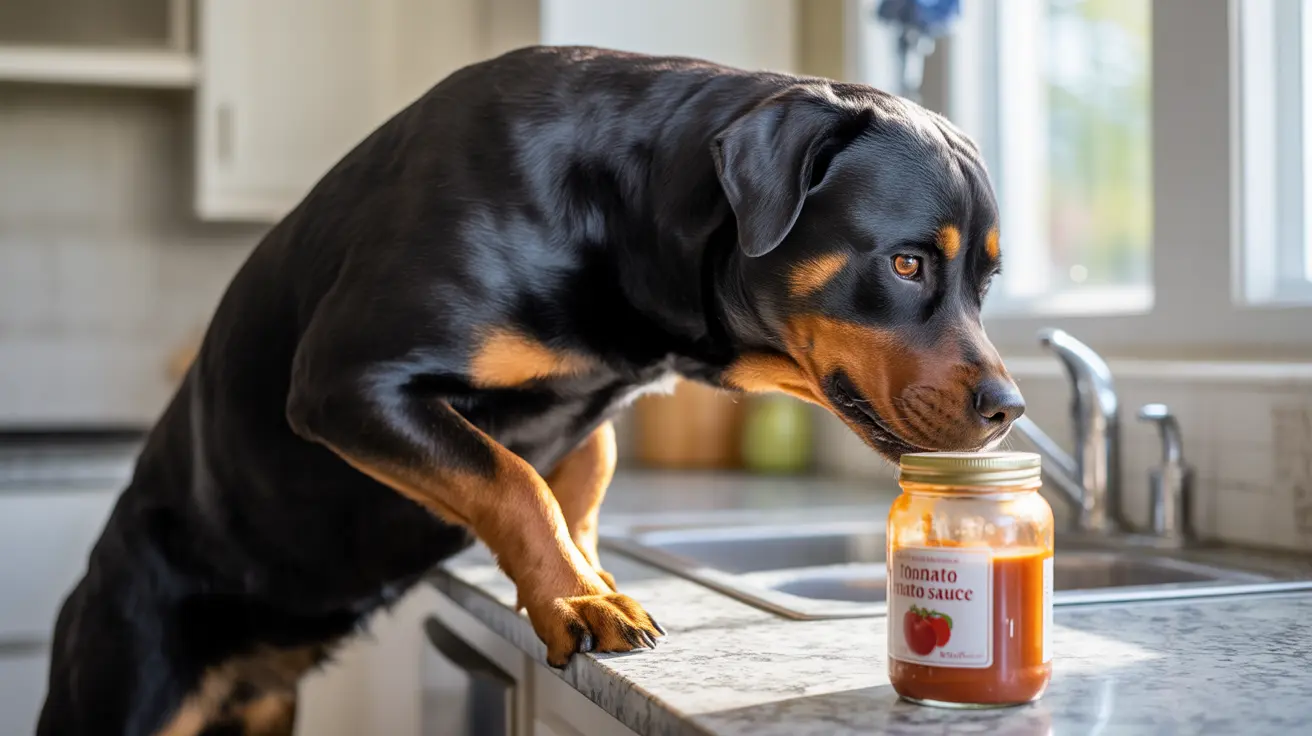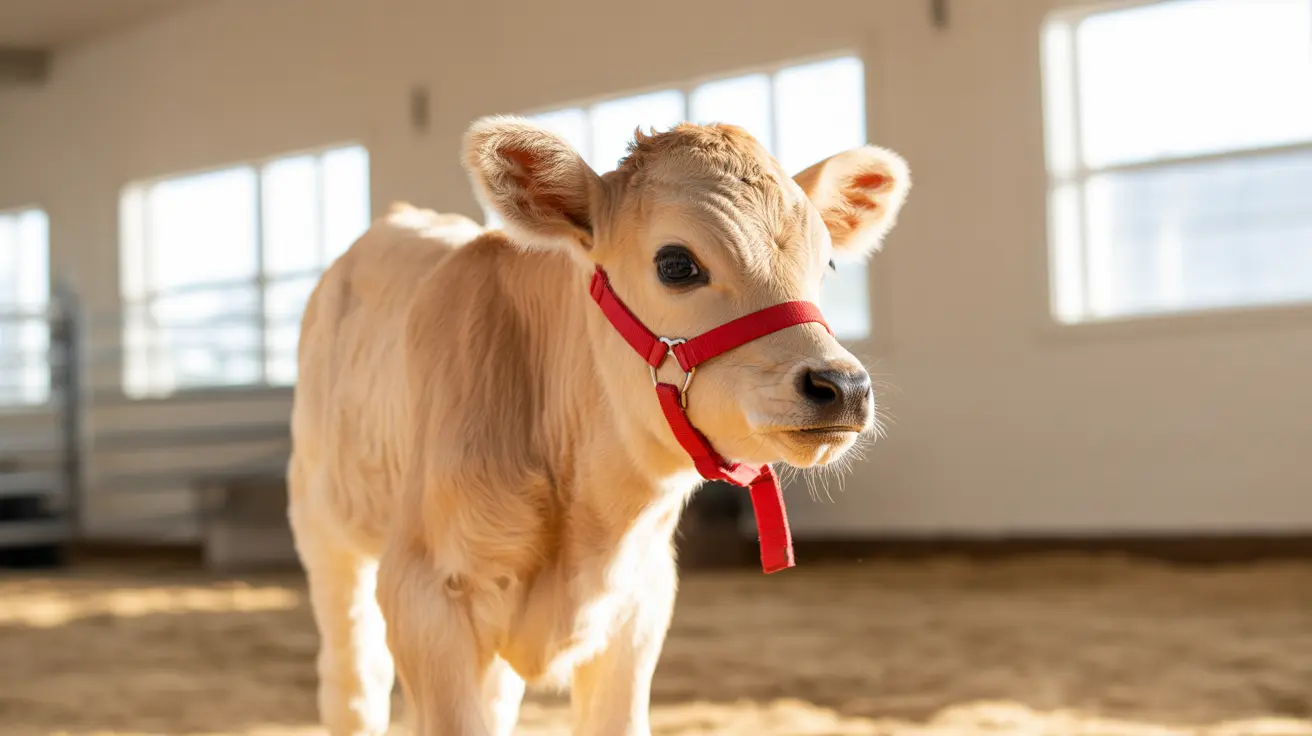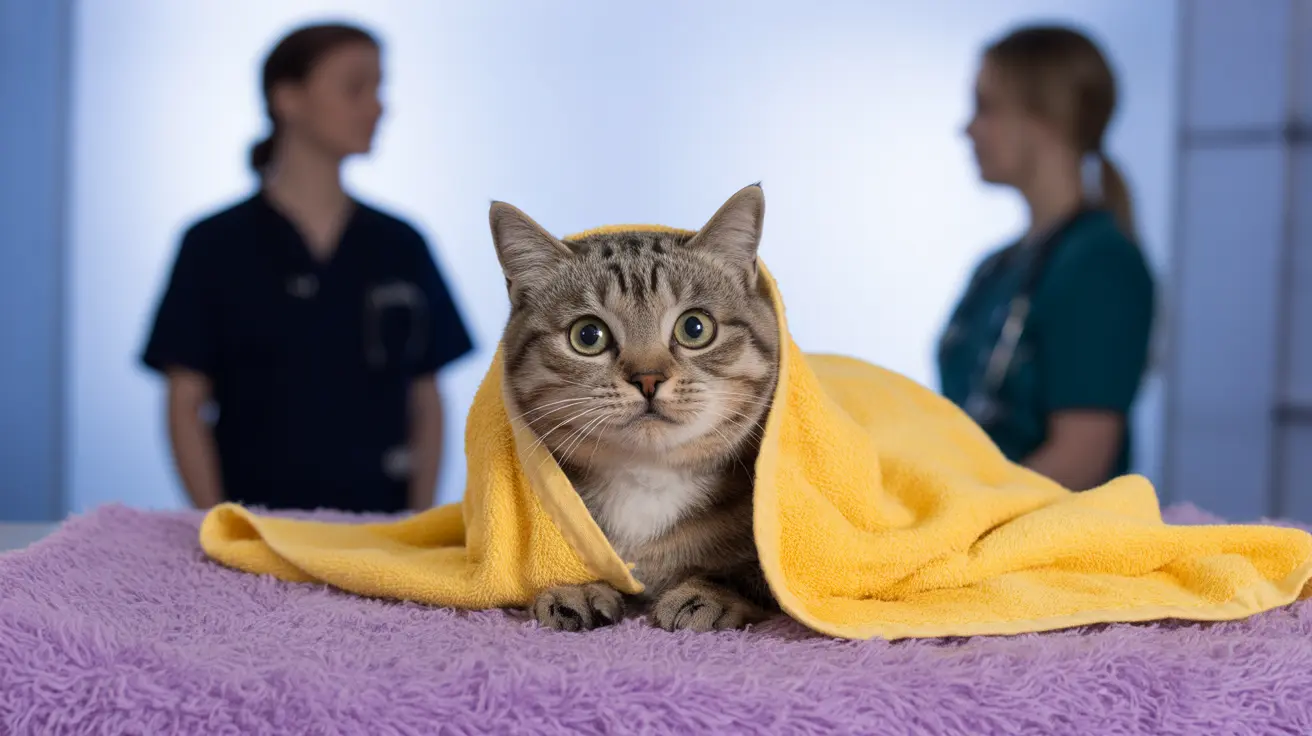Many dog owners wonder about sharing human foods with their furry friends, and tomato sauce is a common concern. While dogs can safely eat plain, ripe tomatoes in moderation, tomato sauce presents several serious risks to canine health. Understanding these dangers is crucial for keeping your pet safe and healthy.
In this comprehensive guide, we'll explore why tomato sauce can be dangerous for dogs, what ingredients pose the biggest threats, and what safer alternatives you can offer your pet instead.
The Dangers of Tomato Sauce for Dogs
Commercial tomato sauce, whether it's pasta sauce, marinara, or plain canned tomato sauce, contains numerous ingredients that can harm your dog. While plain, ripe tomatoes are generally safe in small amounts, processed tomato products pose significant risks due to their additional ingredients and preparation methods.
Common Harmful Ingredients in Tomato Sauce
Most commercial tomato sauces contain several dangerous ingredients for dogs:
- Garlic and onions (both fresh and powdered forms)
- High sodium levels
- Added sugars or artificial sweeteners
- Spices and herbs that can irritate digestion
- Preservatives and additives
- Potentially toxic seasonings
Understanding Tomato Safety for Dogs
Before discussing tomato sauce specifically, it's important to understand the basics of tomato safety for dogs:
- Ripe tomatoes contain beneficial nutrients and are generally safe
- Green parts (stems, leaves, unripe tomatoes) contain toxic compounds
- Organic, fully ripened tomatoes are safest
- Portion control is essential
The Solanine Factor
Tomatoes belong to the nightshade family, which contains solanine, a toxic compound concentrated in green parts. While ripe tomatoes contain minimal solanine, unripe tomatoes and green parts can be dangerous for dogs.
Signs of Tomato Sauce Toxicity in Dogs
If your dog consumes tomato sauce, watch for these symptoms:
- Gastrointestinal upset (vomiting, diarrhea)
- Weakness or lethargy
- Pale gums
- Elevated heart rate
- Excessive thirst or urination
- Tremors or seizures (in severe cases)
Safe Alternatives to Tomato Sauce
Instead of tomato sauce, consider these dog-safe options:
- Plain, ripe tomato pieces (no green parts)
- Fresh vegetables like carrots or green beans
- Dog-specific treats designed to mimic human foods
- Plain, cooked lean meats
- Veterinarian-approved sauce alternatives
Frequently Asked Questions
Can dogs safely eat tomato sauce, and what are the risks if they do?
No, dogs should not eat tomato sauce. Commercial tomato sauces contain numerous ingredients toxic to dogs, including garlic, onions, high sodium levels, and potentially harmful spices. Even small amounts can cause digestive issues or more serious health problems.
Why are garlic and onions so toxic to dogs when they're in tomato sauce?
Garlic and onions contain compounds that can cause hemolytic anemia in dogs, destroying their red blood cells. Even in small amounts, these ingredients can be dangerous, and their effects can accumulate over time.
How much plain tomato sauce is safe for dogs to consume, if any?
No amount of commercial tomato sauce is considered safe for dogs. While plain, ripe tomatoes are generally okay in moderation, processed tomato sauce contains too many potentially harmful ingredients to be safe for canine consumption.
What are the symptoms of tomato sauce toxicity in dogs, and how quickly do they appear?
Symptoms can appear within hours or develop over several days, including vomiting, diarrhea, weakness, pale gums, and increased heart rate. In severe cases, particularly with garlic/onion toxicity, symptoms may take 2-4 days to manifest.
What are some safe alternatives to giving dogs tomato sauce, and how can I mimic the flavor without the risks?
Safe alternatives include plain, ripe tomato pieces, fresh vegetables, or specially formulated dog treats. Consult your veterinarian about dog-safe recipes that can provide similar flavors without the risks of commercial tomato sauce.
If your dog has consumed tomato sauce, especially in large quantities, contact your veterinarian immediately. While a tiny amount might not cause serious harm, it's better to err on the side of caution when it comes to your pet's health.






